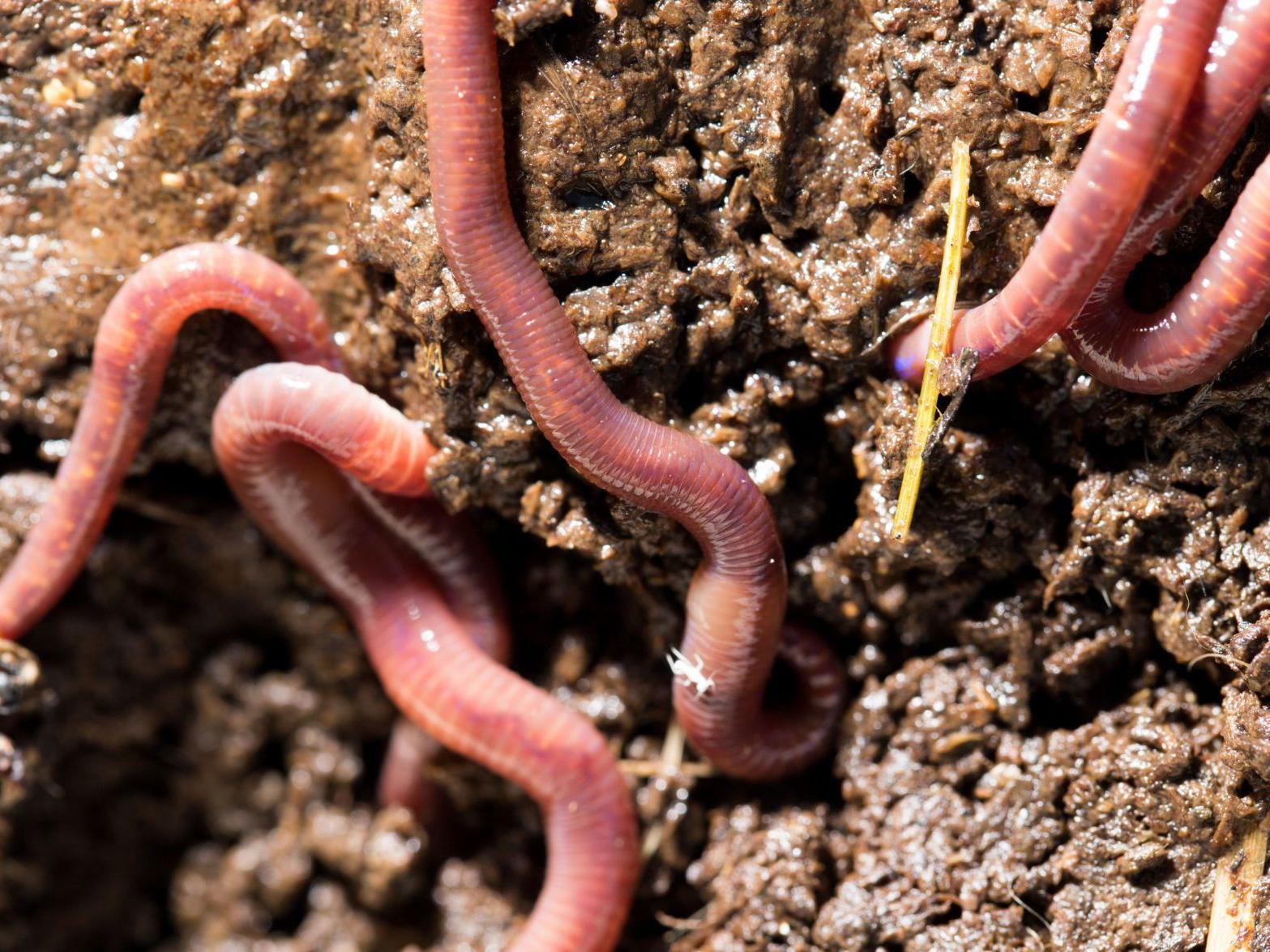
Worms may be small in size, but they play a massive role in your garden. With the help of vermicomposting, your kitchen scraps can be converted into soil-enriching manure. The process involves the placement of worms in a bin filled with bedding. The bedding material can be newspaper or decayed leaves. Drilling holes in the bin to aerate it and allow efficient drainage is essential. Worms eat the food scraps and convert them into compost. The compost is rich in nutrients that facilitate plant growth and strength. In order to expedite the composting process, make sure to check out Vers L’avenir as they provide high-quality worms.
But just like everything, it has certain disadvantages as well. Before considering a vermicomposting bin, make sure you know all the risks.
- It is time-consuming.
Vermicomposting takes months to give the result. The earthworms digest the food scraps and produce cartings in the bin. Temperature and bin size are some factors that play a massive role in determining the time required for manure production. This method may be unhelpful for active gardening as you will have to wait for a long period.
- Odor Issues
Vermicompost bins generally smell earthy, but they can convert into rancid-smelling containers if there is not sufficient ventilation for the worms or if they are overfed. If you continue to give too many wet scraps, the bin can produce disgusting smells, which can be uncomfortable for the gardener. Adding a limited amount of scraps is essential so that they eat well without getting overfed. If you provide them with more food than required, the remaining food will start rotting, which can cause stinking of the bin.
- They are High Maintenance
Vermicomposting requires proper maintenance. The worms must be well fed. They only consume a limited amount of food at a time, so it is essential to maintain a record of their feeding and when to add new material. The bin should be monitored regularly to ensure that worms are not overfed. Also, constant monitoring of the bin’s moisture levels is required to ensure that it is not too dry or wet. If it is dry, then water should be added accordingly. The contents inside the bin should be periodically turned.
- Pest and Pathogen Issues
Vermicompost bins must remain at a cool temperature for the survival of worms. This leads to harboring pathogen issues. The bins also promote the growth of bugs and pests in the soil, bedding, or food scraps. As a result, fruit flies or centipedes can be observed around the bin.




